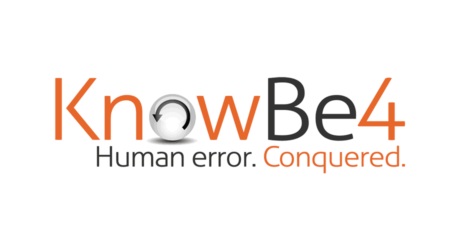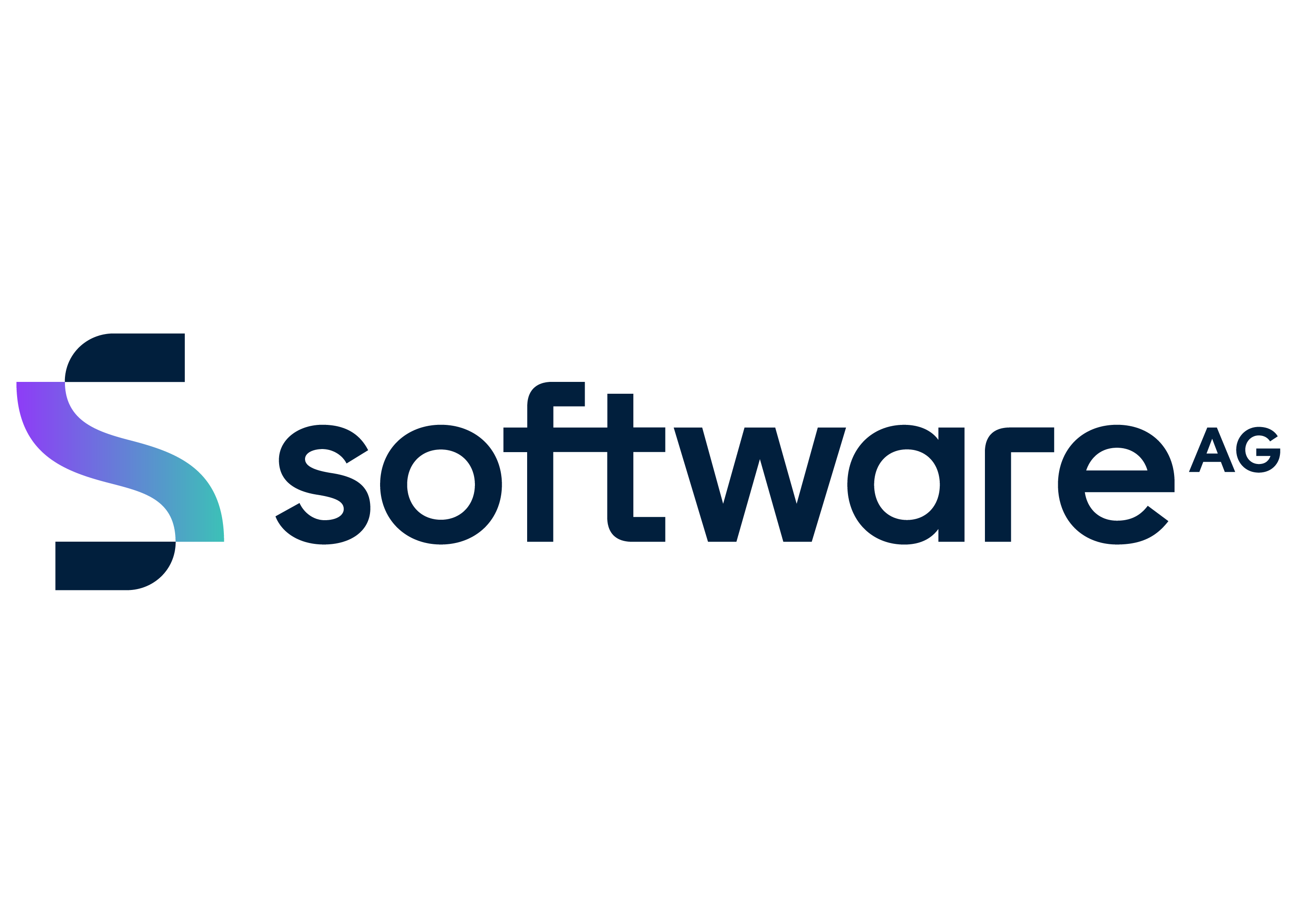BRAND AND MARKETING MANAGEMENT
Marketing Management
Marketing is the branch that is described as "the management process in charge of identifying, estimating and fulfilling customer requirements in a profitable manner" by the Chartered Institute of Marketing, UK. It enables taking various actions and increasing company revenue in a sustainable manner by analyzing customer relations. Even though this strategic function incorporates numerous sub-focuses, it can still be examined under 4 main areas by expanding the above given definition as identifying customer expectations, estimating customer requirements, branding and fulfilling customer expectations.
1. Identifying Customer Requirements (Knowing Customers)
Since marketing is an analytical function that aims to achieve commercial results by focusing on customers, it should first get high-quality and analyzable data about this focus and enable communication of this data among stakeholders in an understandable manner, so that it can be fully utilized. The data analysis mentioned here should be considered in a wide perspective extending from collecting general data about the market, monitoring and managing the process points in contact with the customers to interpreting the traces left by the customers directly or indirectly. Significant outputs would be defining customer profiles/segments/personas on behalf of the organization, clarifying the points that data will be/can be collected on behalf of the organization to determine the next steps, offering qualified insights regarding the current and future direction of the market to the organization.
• Brand Perception Study
• Market Research
• Customer Segmentation
• Customer Relations Management (CRM)
• Restructuring of Customer Processes
stand out as the main project topics carried out in the phase of knowing customers.
2. Estimating Customer Requirements (Analytical Marketing)
Analytical Marketing, which can also be perceived as an area fulfilling the role of guiding customer requirement identification towards future, is defined as reviewing the collected marketing data by consolidating them with data from different sources for cross analysis, and more importantly, estimating possible significant future changes. In this phase, a well-established system architecture and advanced analysis tools are required besides estimation methods.
• Business Intelligence Integration
• Advanced Data Analysis and Estimation
stand out as the main project topics carried out in the phase of analytical marketing.
3. Branding (Brand Strategy)
As much as the actions taken to fulfill customer requirements, the framework providing support while doing this is also important. Branding is an abstract concept created to support a product, service, organization or individual in their attempts to maintain existence (sales, profitability, preference, vote, support) and to ensure sustainability in the long term (competition, social existence reinforcement, eliminating the risks threatening existence). Unlike the phase of fulfilling customer requirements, this abstract concept cares about the requirements and positions of a product, a service, an organization or an individual who wants to become a brand in its customer/target group. Even though they differ in this respect, creating a brand and developing a brand strategy both require identifying customer requirements (knowing customers). Trying to become the preferred brand of a customer before knowing the customer brings unpredictability. Brand strategy requires building significant blocks from correct positioning to proper brand promise, from significant and unique value proposition to consistent and clear brand identity. Building these blocks in a right manner will turn abstract brand concept into the face seen, the voice heard and the emotions triggered of the customer and will create critical support mechanism in the implementation of marketing strategies with strong synergy.
4. Fulfilling Customer Requirements (Marketing Strategy)
Today, the popular 4P (Product, Price, Place, Promotion) marketing approach is being reinterpreted in different ways like 6-7-8P. Despite of these different interpretations of marketing strategies, the one thing that is clear in today's world is the change and expansion in the meanings of that very basic concepts like product, price, place and promotion. Now; we see that
- products/services have changed into created and perceived value,
- price as an amount has changed into price as a dynamic variable corresponding to a value,
- place as the means to physical accessibility has changed into an omni-channel organization,
- promotion has changed into customer connection and customer conversion.
As a result of these changes and transformations, new subject titles increasing the number of "P"s (people, process, physical environment, productivity etc.) emerged.
• Product-Market Harmony
• Value-Based/Dynamic Pricing
• Omni-channel Management
• International Growth Strategy
• Campaign Management
• Customer Experience Strategy
• Restructuring of Marketing Processes
stand out as the main project topics carried out in the phase of marketing strategy.
With our customized methodologies and technological solutions and also broad experience gained in different projects of different sectors we, at Consulta, continue to fulfill the strategic needs of our clients in many comprehensive areas especially in branding and marketing management.

 English
English
 Turkish
Turkish











